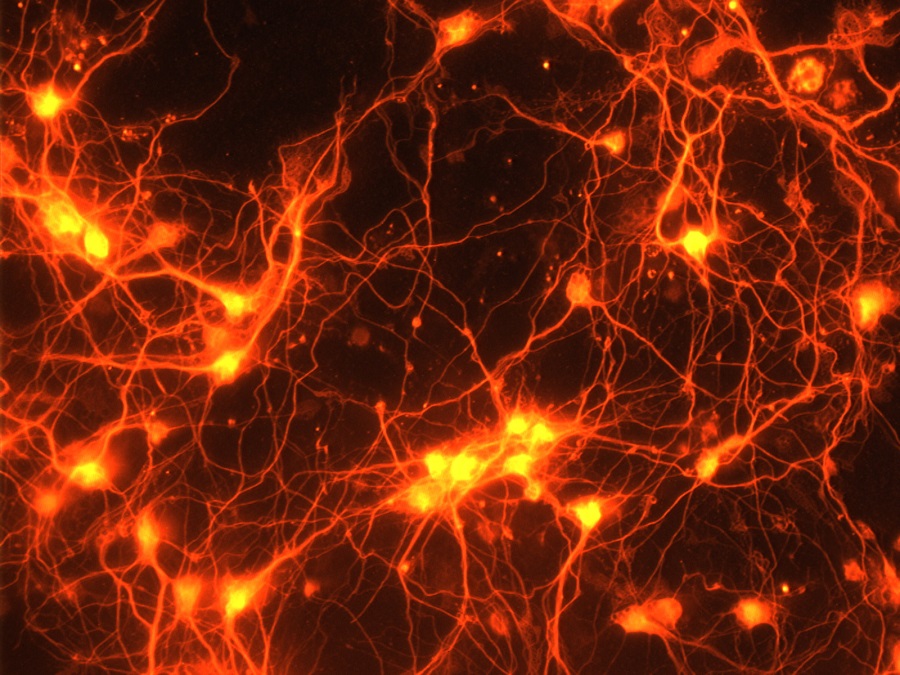Estrogen and the brain team up to help mothers adapt to the metabolic demands of nursing
The findings could help understand hyperprolactinemia – high levels of prolactin in the blood – obesity, menopause and other conditions where prolactin or estrogen levels shift.
Read More









